Hillsound operates on the ancestral, traditional, and unceded territories of the Coast Salish peoples–Sḵwx̱wú7mesh (Squamish), Stó:lō and Səl̓ílwətaʔ/Selilwitulh (Tsleil-Waututh) and xʷməθkʷəy̓əm (Musqueam) Nations. The crew of Expedition AKOR travels across and carries out research linked to the northern ecosystems in the traditional unceded lands of Anishinaabe peoples and the Kanien’kehá:ka (Mohawk) peoples, part of the Haudenosaunee Confederacy. It is a privilege to live, study, and grow on this land.
Expedition Akor completed Canada's longest North-to-South human-powered crossing and took our Trail Crampon Ultra's along for the journey. Starting at nearly the north pole, they faced the elements for 7600 km to reach southern Ontario in a total of 234 days.
It has been exciting to follow along with their progress, (which you can catch up on here) as they spent seven and a half months traversing by ski, canoe, and bike. We were stoked to catch up with AKOR and hear about their experience in more detail. We chatted with Nicolas Roulx, one of the Expedition Akor team members, to hear more about their experience first-hand, and here's how it went!
Congratulations on completing such an epic feat! It must have been quite the journey. After so much preparation, how did it feel once you finally started the expedition?
It was a long journey that took several years of planning & sacrifices. When we started, it was a shock. We were ready physically & mentally, but once we started in the - 40 degree celsius weather while traversing ice compression ridges, ice deserts, and dealing with polar bears, we began to feel the weight of what we were about to take on. It was hard to get used to the physical demands at the beginning.
We started with 64 days of skiing, which is a crazy expedition on its own. But in this case, skiing was just the warm-up. We were skiing along the ice between the islands, dealing with the seasonal transition in spring. We had to leave the skis and continue by canoeing - where we hauled the canoes along the ice while it was melting.
How did you find traveling dealing with the ice while traveling with a canoe? That seems like a lot of logistics!
Having the right gear was essential. When you are crossing ice - sometimes it feels like a trampoline that will break if you stand too long on it, so it's necessary to keep moving. In one of our previous expeditions, we didn't have the crampons to traverse the ice for the added traction. The Trail Crampon Ultra's was super helpful. The spikes really helped get your foot gripped and move quickly along the ice.
Did you ever have to make alternate route plans with all the melting ice? Or did your route mostly stay the same?
Our team used satellite images to try and find the most optimal route, but sometimes this was not possible. One time, the only option we had was to spend ten straight days crossing melting ice. We had to use plans B, C, & D to find our way across in some cases. We also had to evaluate if rivers were frozen enough for us to make the crossing, and in some cases, they were too dangerous. There were times when we were dragging our canoes behind us with ropes - and we would just start falling into the ice.
We are excited to hear that your team took the Trail Crampon Ultra along for this Expedition! Could you give us a quick overview on how you found using them throughout the journey?
Having the Trail Crampon Ultra was crucial. We tried various canoe techniques on this voyage, and the spikes helped us out with all of them. We used them for 35 straight days while crossing the ice with our canoes. The spikes stayed sharp, and not one of them broke. We would not need to ask ourselves if we were wearing them that day or not - it was without question. They were great on the ice, but they also helped us grip the slippery algae-covered rocks while crossing rivers.
Part of Expedition Akor's mission is to bring awareness to climate change - how did your opinion on climate change evolve through this experience?
It's definitely a trip that would be difficult to complete again, the sea ice is melting rapidly, and it's evident out there. The sea ice surrounding the islands during spring, summer, and fall will disappear completely each year within the next 50 years for sure. Although, there will always be ice up there in the winter, even with climate change. But you cannot do that kind of expedition in the complete arctic darkness that comes with winter. Speaking to the Inuit people on their first-hand experience brought to light the effects of climate change on their communities. We passed through Qausuittuq (Resolute Bay) Uqsuqtuuk (Gjoa Haven) & Qamani'tuaq (Baker Lake) and heard how climate change affects the ability to hunt and the cost of living. Lives have also been lost because of melting ice on terrain that used to be safe to travel. There were also a lot of polar bears traveling on the ice, who would be facing habitat issues and food scarcity as well.
How was it spending time out in the wilderness in polar bear territory? Did you ever run into any issues?
We were in one of the most densely populated polar bears globally; there would be fresh tracks every 100 meters while we crossed the ice at the worst moments. It was hard to see them as they camouflaged into the ice. We would be skiing along the ice - and all of a sudden, a bear would be within 10 meters of us. They are intelligent creatures. When you look into the eyes of a polar bear, it's like you're looking into another human's eyes. They were very sneaky, too. We had to take turns doing night watch around our camp at some points because they were following us.
Did you have any other wildlife encounters?
Absolutely! We saw Muskox, seals, arctic foxes, and huge herds of caribou. We actually portaged through a herd caribou once while crossing a river. It was incredible.
It sounds like this was quite an experience, both physically and mentally! What is it like adjusting to everyday life once you finish the expedition?
It was hard to come back to reality! There was a real sense of urgency each day we were out there, and so when we came back, it was hard not to feel that every day. It's hard not to ask yourself, "what's next"? But then we have started to find purpose again in seeing friends & family and doing normal activities again. I have learned that the return phase is sometimes just as long as the expedition itself. If the journey is eight months, it takes about eight months to adjust to real life again.
You mentioned you quickly head to " what's next " - do you have anything planned for the future?
Unfortunately, I broke my leg in a climbing accident when I got back from the expedition, so right now, I am just focusing on recovery. There are definitely some routes in mind that we would like to cross in the future. We will have to wait and see!


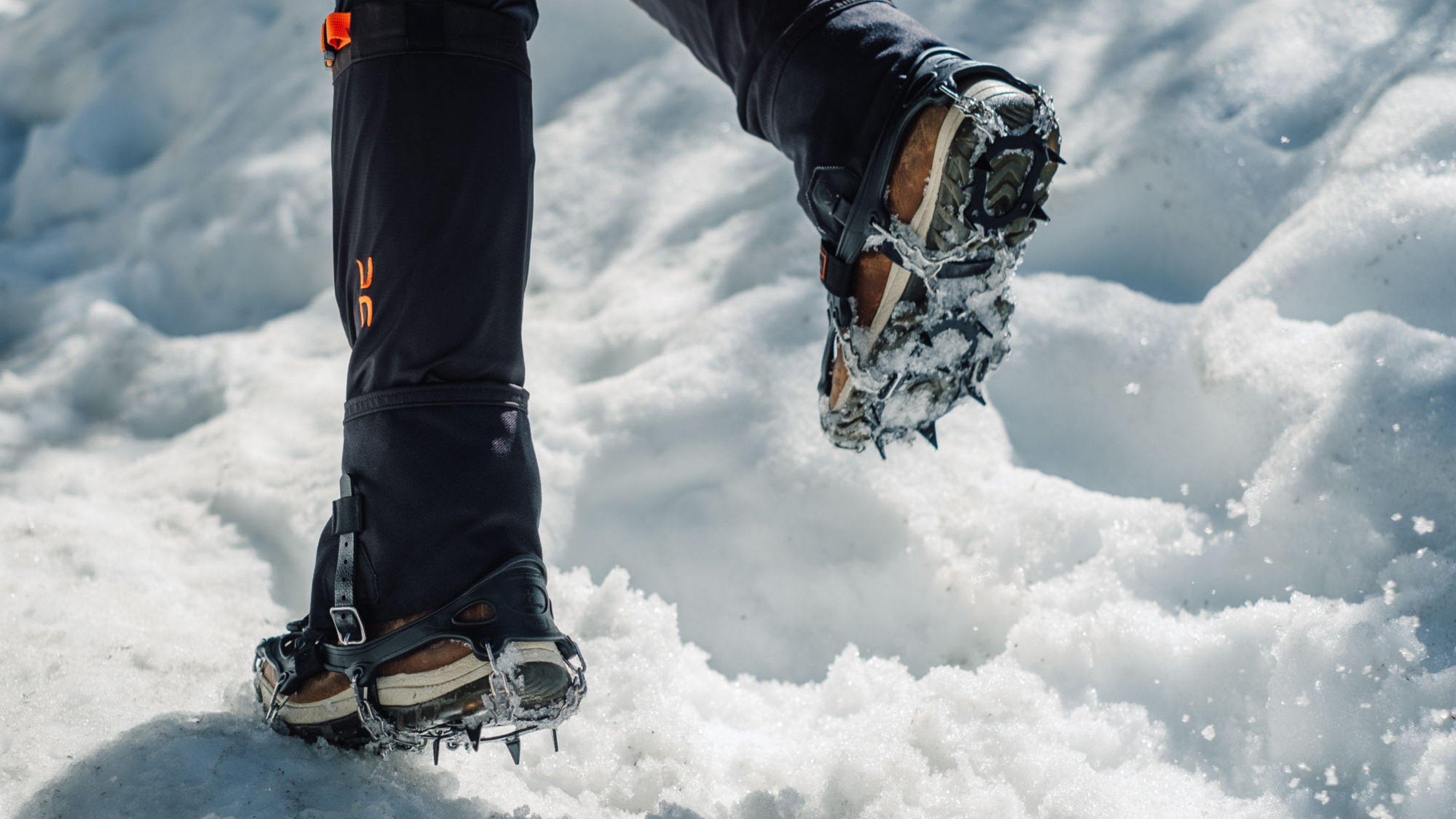
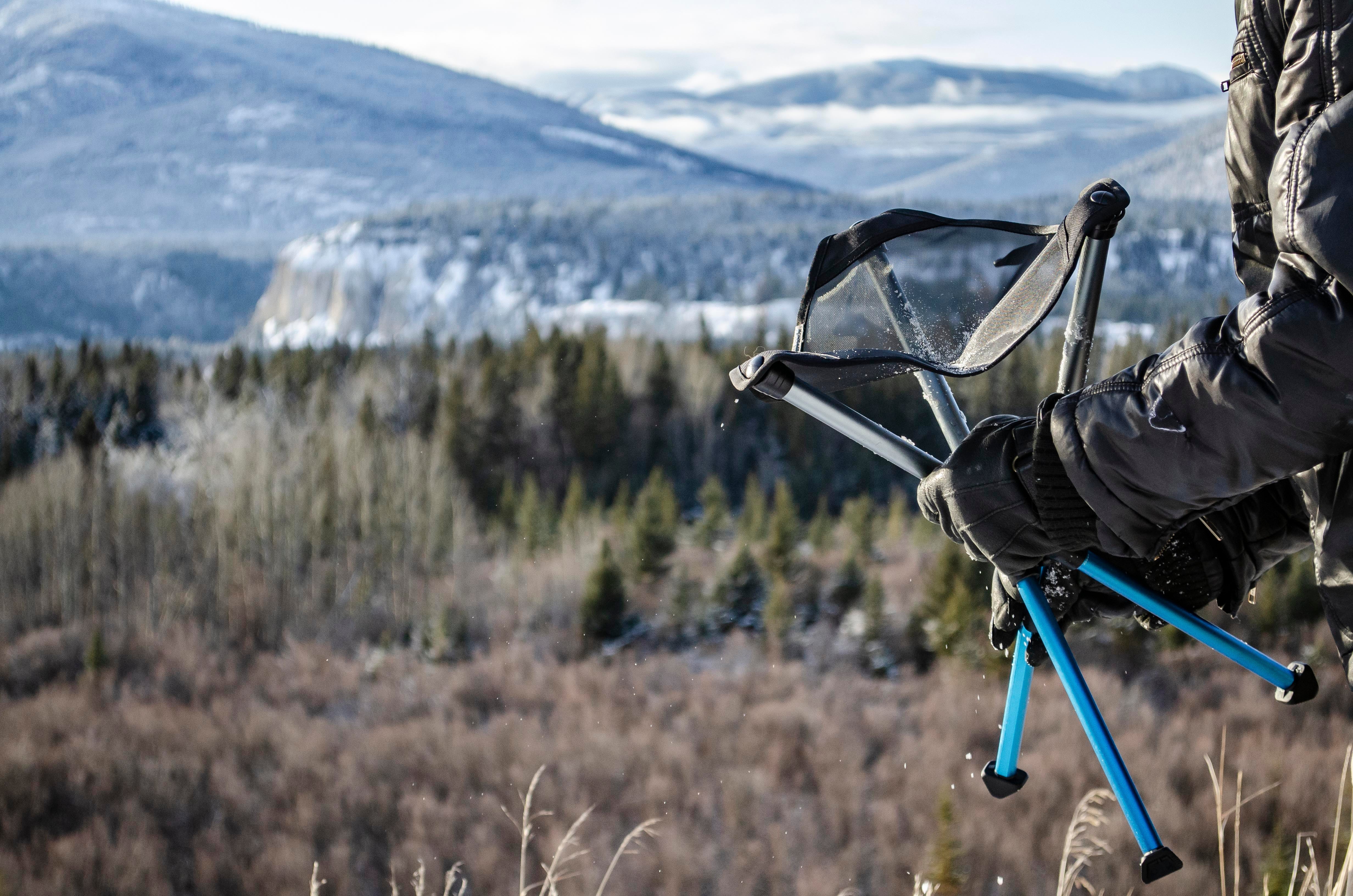
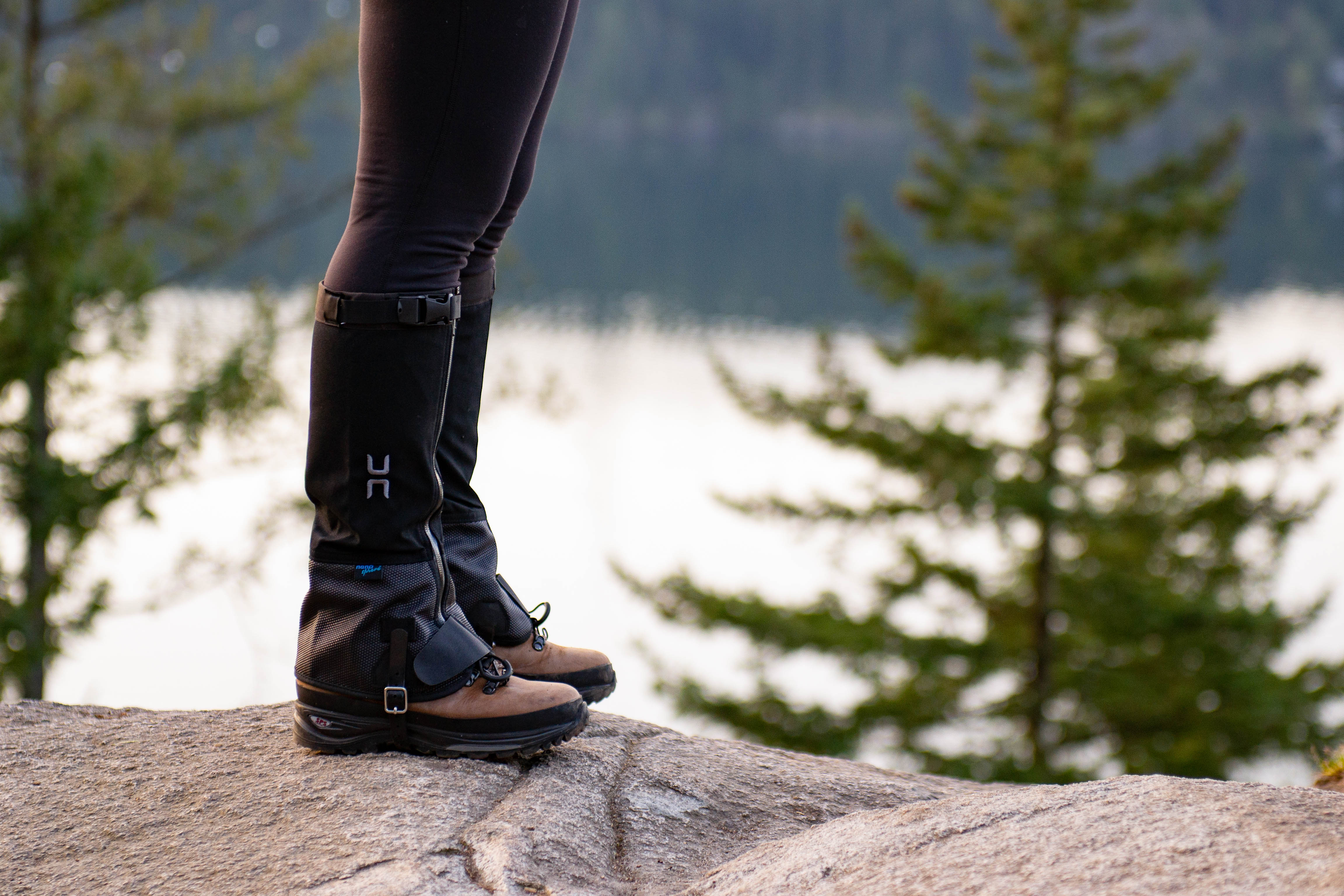
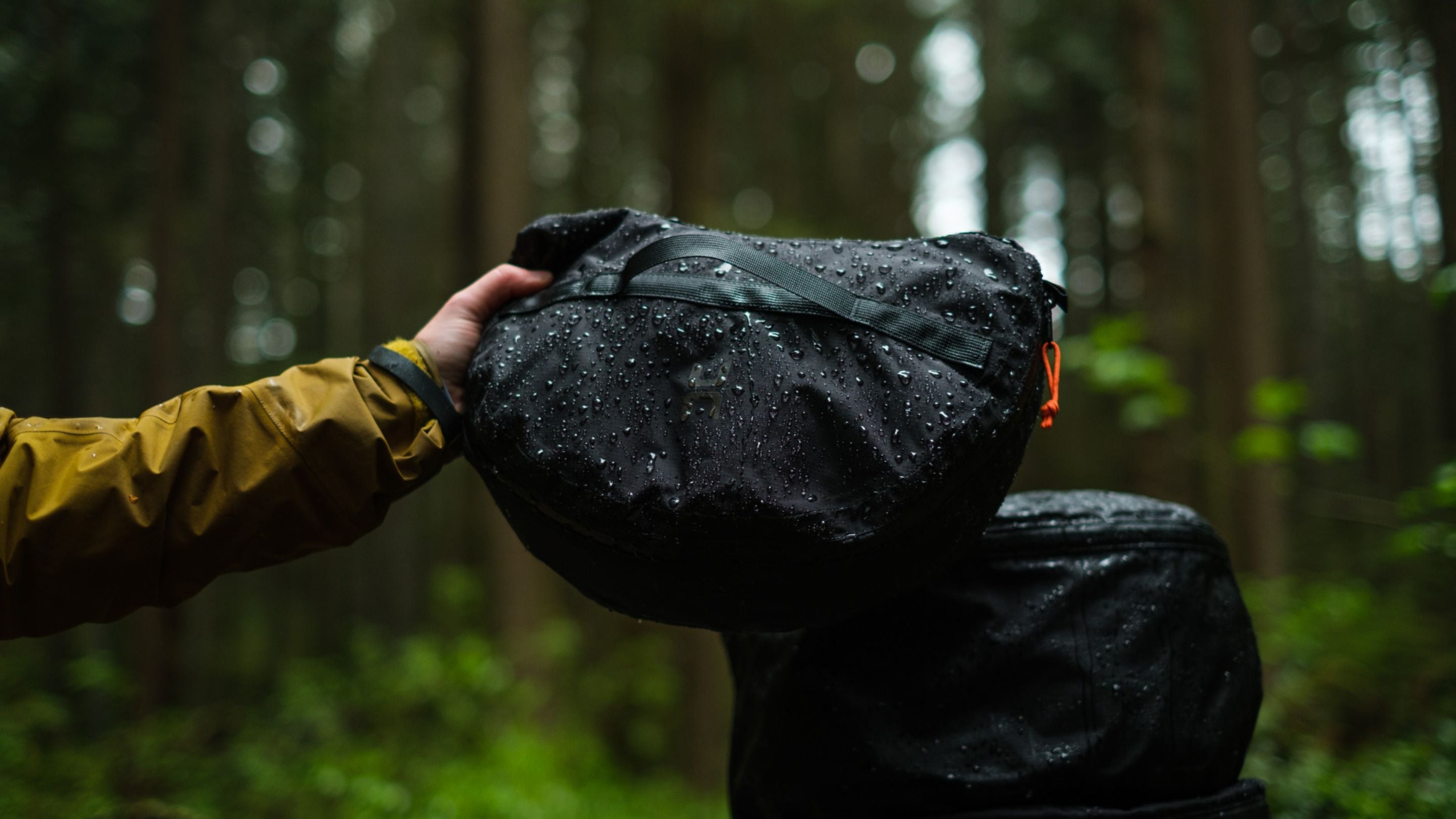
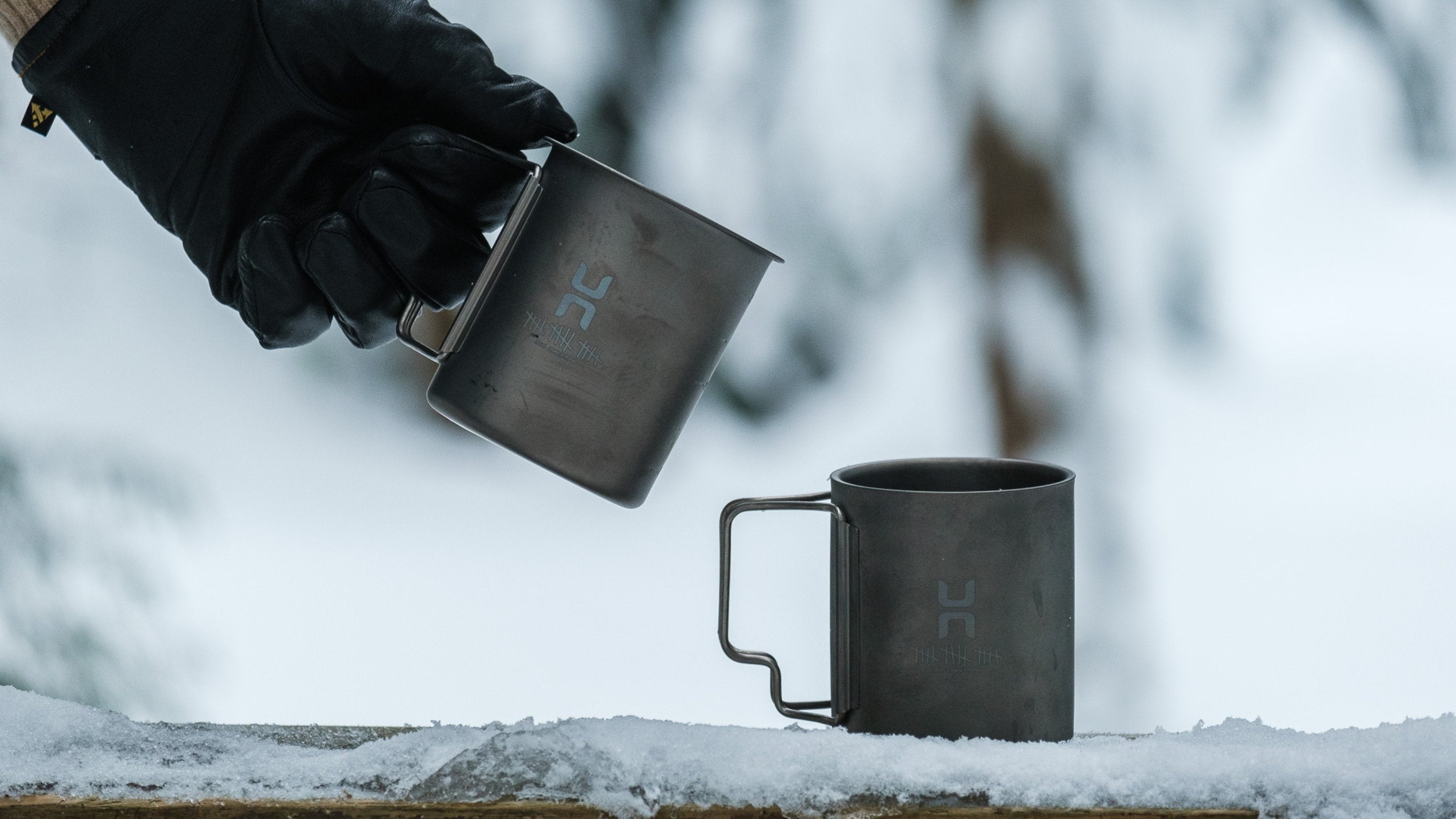
![Expedition Akor - Mission Complete! - [Canada] Hillsound Equipment](http://hillsound.ca/cdn/shop/articles/expedition-akor-mission-complete-652941.jpg?v=1678145346&width=4096)
![Which Hillsound Crampon is Right for Your Winter Adventure? - [Canada] Hillsound Equipment](http://hillsound.ca/cdn/shop/articles/which-hillsound-crampon-is-right-for-your-winter-adventure-231615.jpg?v=1729689708&width=1080)
![The Best Backpacking Recipe Guide: Delicious Meals for Outdoor Adventures - [Canada] Hillsound Equipment](http://hillsound.ca/cdn/shop/articles/the-best-backpacking-recipe-guide-delicious-meals-for-outdoor-adventures-377677.jpg?v=1696535700&width=1080)
![Celebrating LGBTQ+ Outdoor Instagram Content Creators for Pride Month - [Canada] Hillsound Equipment](http://hillsound.ca/cdn/shop/articles/celebrating-lgbtq-outdoor-instagram-content-creators-for-pride-month-807396.jpg?v=1685693488&width=1080)
Leave a comment